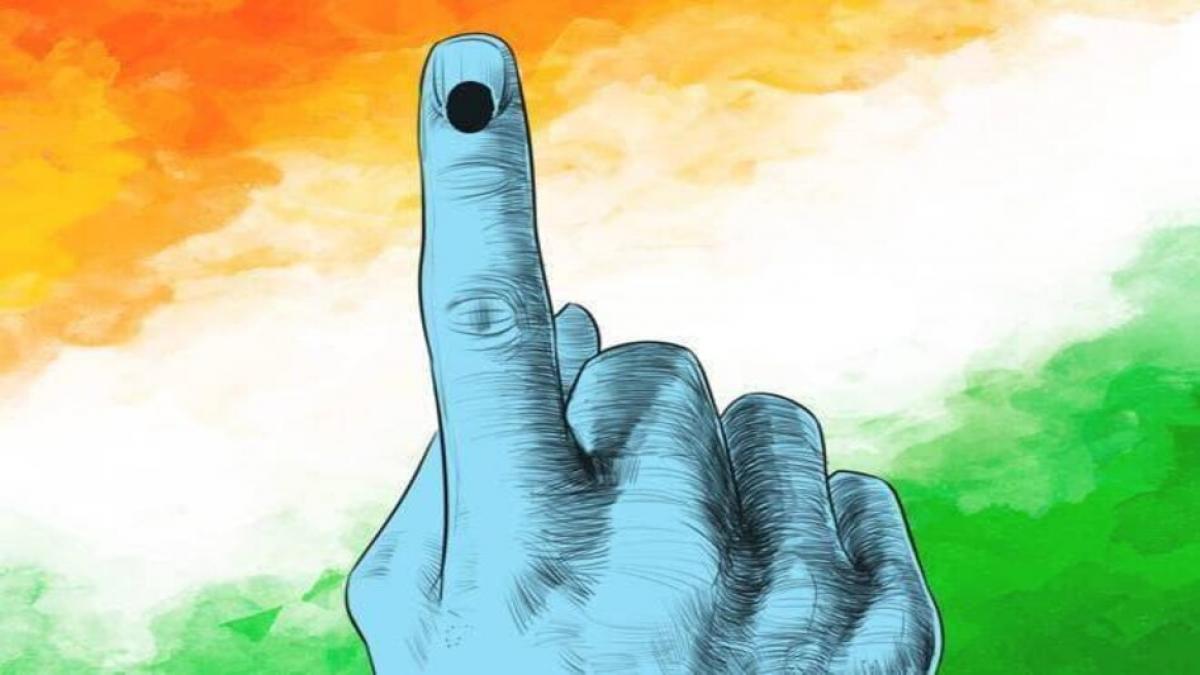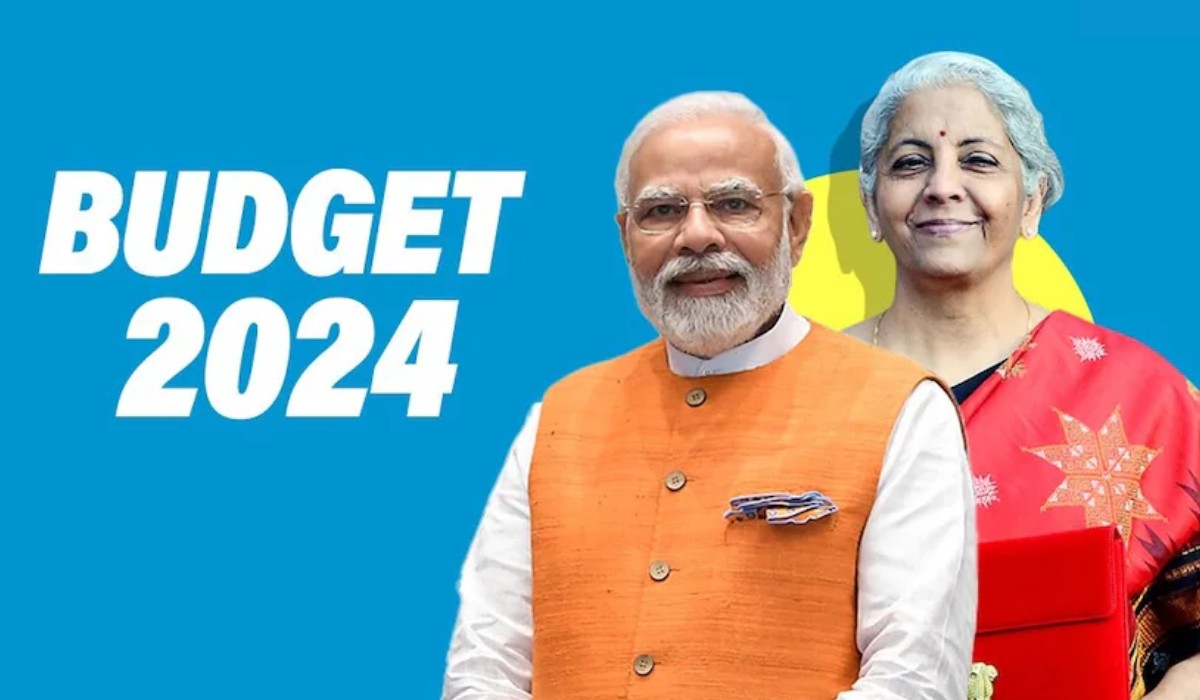Voting is the bedrock of democracy, serving as the cornerstone of citizens’ participation in shaping their nation’s future. In India, the electoral process has undergone significant advancements over the years, with the introduction of Electronic Voting Machines (EVMs) revolutionizing the way elections are conducted. One crucial aspect of this modernization is the secrecy maintained while voting on these machines, a practice integral to upholding principles of fairness, freedom, and the sanctity of the electoral process.
Advantages of Electronic Voting Machines (EVMs) in Indian Elections
The adoption of EVMs in India has brought about several benefits, including increased efficiency, accuracy, and accessibility in the electoral process. However, one of the most significant advantages of using EVMs lies in their ability to ensure the secrecy of the ballot. Unlike traditional paper ballots, where voters physically mark their choices on a piece of paper, EVMs allow voters to cast their votes electronically, with their selections recorded discreetly within the machine’s memory.
Importance of Secrecy on Electronic Voting Machines (EVMs) for Voter Freedom
The secrecy maintained on EVMs is crucial for safeguarding the freedom of choice for each voter. By ensuring privacy, voters can cast their ballots without fear of coercion, intimidation, or external influence. This privacy is particularly important in a diverse and populous country like India, where social and political pressures can sometimes impede the exercise of individual rights. By voting secretly on EVMs, citizens can freely express their preferences, confident that their choices will remain confidential and protected.
Promoting Equality Through Secrecy on Electronic Voting Machines (EVMs)
Moreover, the secrecy of voting on EVMs upholds the principle of equality among voters. Regardless of one’s background, status, or beliefs, every voter is entitled to an equal and anonymous opportunity to participate in the electoral process. This principle of equality lies at the heart of democratic governance, ensuring that every vote carries the same weight and significance, regardless of who casts it. By maintaining the secrecy of the ballot, EVMs promote a level playing field for all citizens, enhancing the integrity and fairness of the electoral process.
Strengthening Election Security and Credibility
Additionally, the use of EVMs enhances the security and credibility of elections by minimizing the risk of fraud or manipulation. Unlike paper ballots, which are susceptible to tampering, theft, or miscounting, EVMs provide a more secure and transparent method of recording and tallying votes. The electronic nature of EVMs reduces the possibility of human error and ensures that election outcomes accurately reflect the will of the electorate. This, in turn, strengthens public trust in the electoral process and reinforces the legitimacy of democratic governance.
Enhancing Voter Confidence and Engagement through Secret Votin
Furthermore, voting secretly on EVMs promotes voter confidence and engagement in the electoral process. When voters have trust in the security and confidentiality of their ballots, they are more likely to participate actively in elections and accept the outcome, regardless of their preferred candidates’ success. This, in turn, strengthens the democratic fabric of the nation and fosters a sense of civic responsibility among its citizens.
In conclusion, the practice of voting secretly on EVMs in India serves as a vital pillar of democratic governance, upholding principles of fairness, freedom, equality, and integrity in the electoral process. By ensuring privacy and confidentiality for voters, EVMs promote electoral transparency, minimize the risk of fraud, and enhance public trust in democratic institutions. As India continues to embrace technological advancements in its electoral system, the importance of maintaining secrecy on EVMs remains paramount in safeguarding the fundamental principles of democracy and ensuring the voices of its citizens are heard, freely and fairly, at the ballot box.
Also Read: How to Check Your Polling Booth Using the Election Commission’s Website











